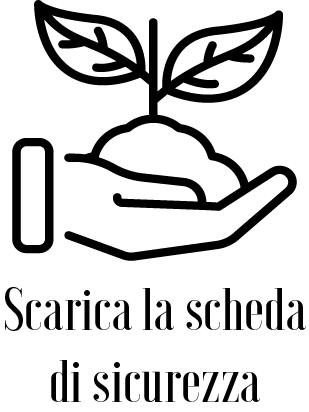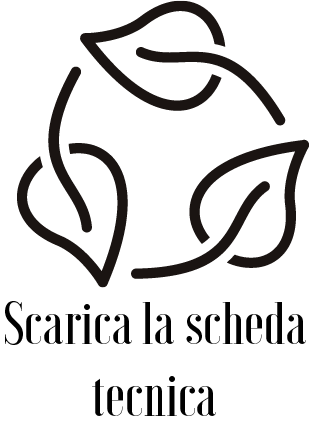Mycorrhizae, mycorrhizal fungi, Geomicor fulix (0.25 kg)
MICORRIZE, MYCORRHIZIC MUSHROOMS, GEOMICOR FULIX (0.25 Kg).
Regenerates the soil and gives plants vigor. USE LEAF AND RADICAL.
It stimulates the development of Bacillus subtilis and Bacillus amyloliquefacens.
an organic nitrogen fertilizer, capable of preserving the spores of bacilli very useful to plants, such as Bacillus subtilis and Bacillus amyloliquefaciens. The significant presence of these useful bacilli, up to concentrations of 10 9 cfu / gr, which exert a natural antibacterial effect (in particular Bacillus subtilis and Bacillus amyloliquefaciens) affects the development of unwanted hosts such as Erwinia, Botrytis, Xantomonas, Burkholderia , etc ... The organic nitrogen and organic potassium contained in Geomicor Fulix give vigor to the plant by promoting enzymatic activities.
ALLOWED IN ORGANIC FARMING.
VEGETAL ANALYSIS
Organic Carbon (C):> 10%;
Organic Nitrogen (N):> 1%;
pH: 6
Organic substance with nominal molecular weight less than 50 kDa:> 30%;
Solubility: 99%;
Aqueous extract obtained by acid extraction of brown algae and vegetable extracts from the agri-food industry.
The product stable at ordinary temperatures and pressures. Store between 3 ° C and 35 ° C (once opened it must not be kept in the refrigerator). The non-combustible product.
Geomicor Fulix recommended in radical fertilization at the following doses:
? pot and greenhouse crops: 4-5 gr / lt of water;
? weight / volume ratio: 1.3 gr = 1 cc;
? extensive crops: 2 kg / ha.
NB: Do not use fungicides in the 10 days before and after the application. Do not mix with potassium based fertilizers.
FUNCTIONAL INFORMATION
Here are some functional and product information:
? once the bottle is opened, close it immediately, the sterile container, if left open, could contaminate the solution. For the same reason, it is recommended to extract the solution with a sterile syringe;
? the foliar treatment takes effect when treating the plant from top to bottom not simply by spraying, but by spraying the leaves so that the product drips to the ground, then the treatment must be repeated from the bottom upwards going to hit the back of the leaves. This method of administration is fundamental because the fungi (the product effective only by contact) of the leaves but also those potentially nested in the ravines and the trunk of the plant must be affected;
? the treatment has an effect and is considered decisive when it is noticed that the fungal spots of the leaves do not increase in number and size (obviously also following the elimination of the pathogen the leaf will not be able to recover its original color, but will remain stained or damaged) .














